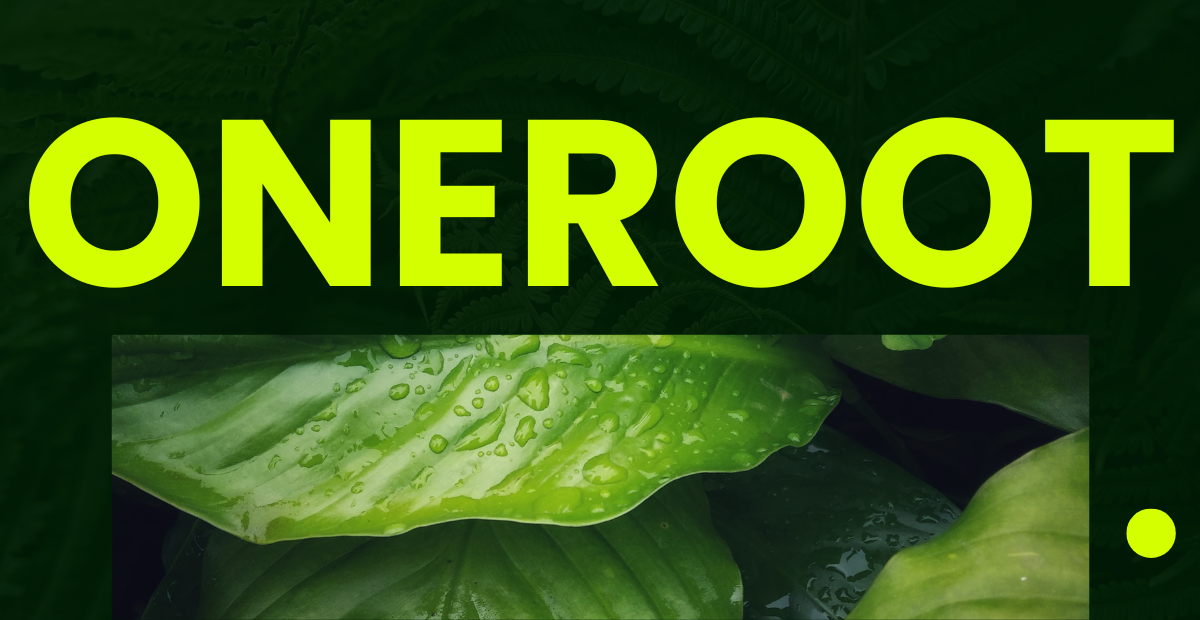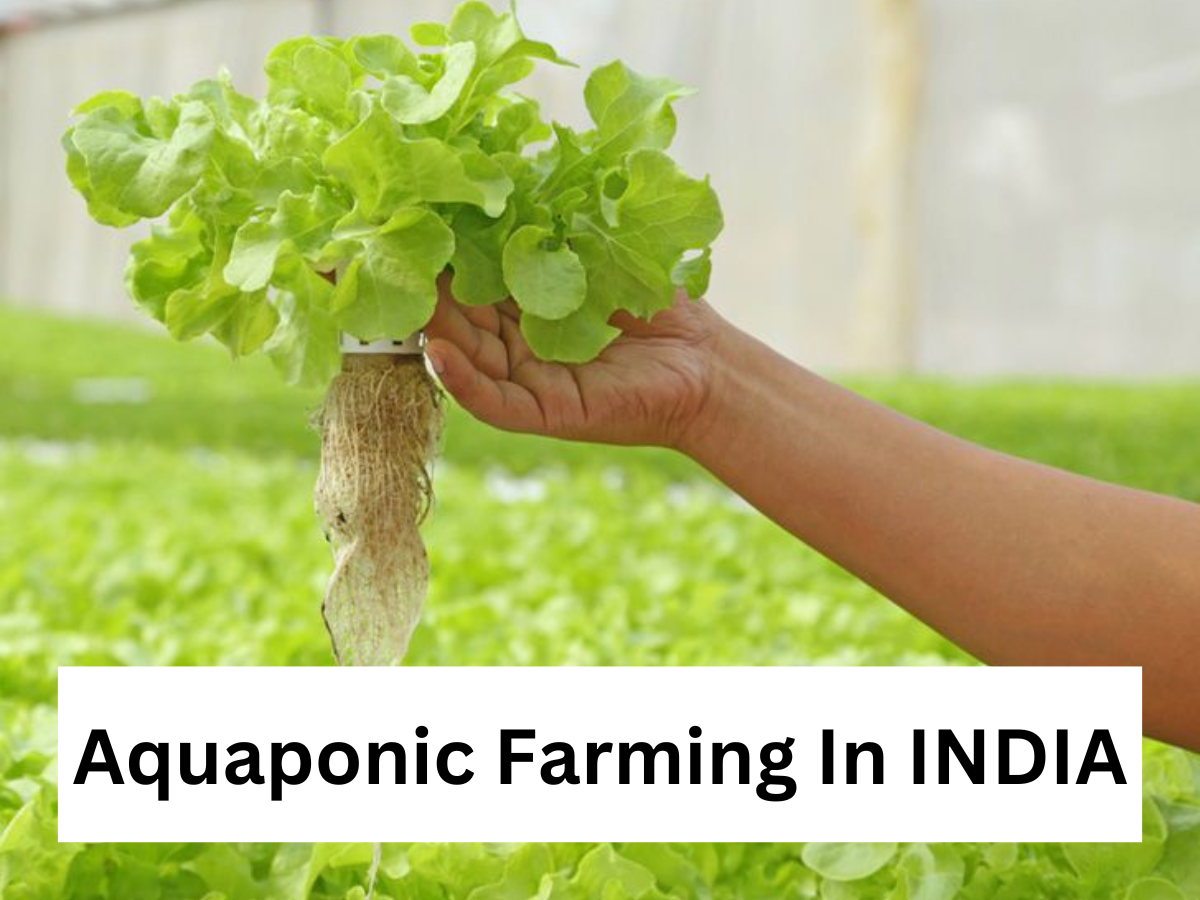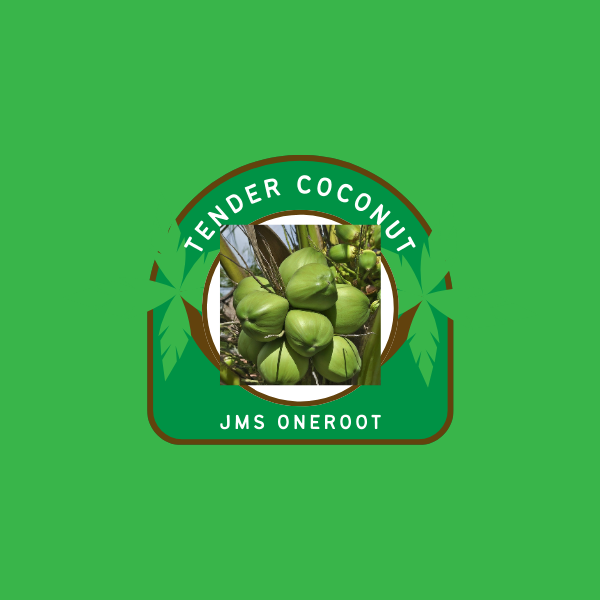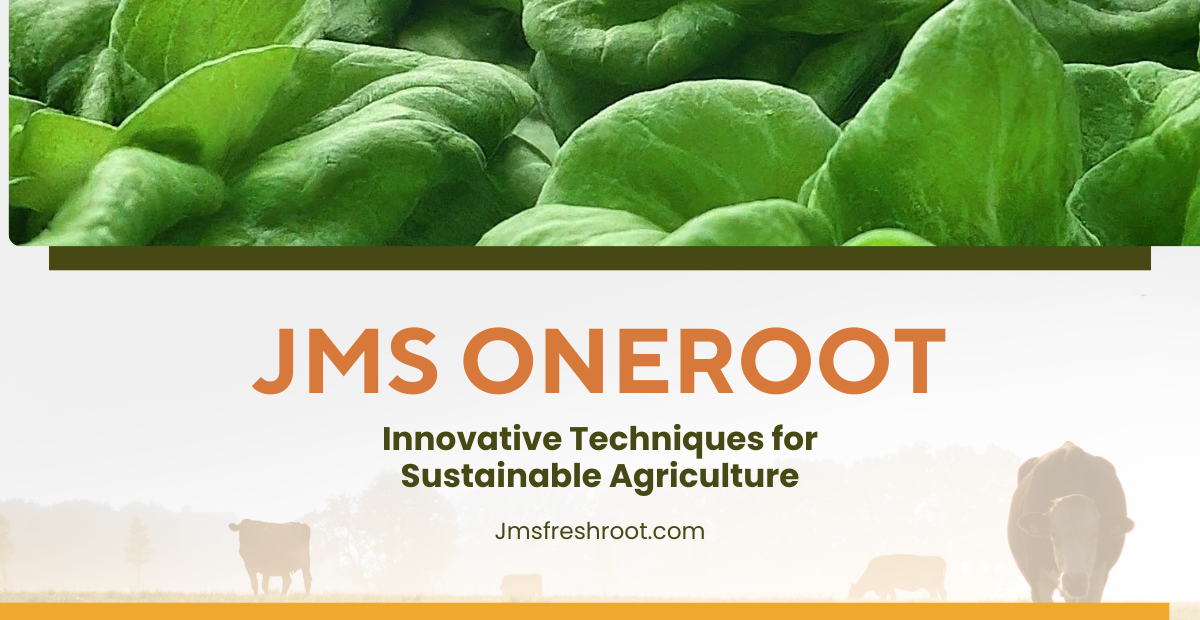
Introduction
In the ever-evolving world of agriculture, JMS Oneroot stands out as a beacon of innovation and tradition. This pioneering
farm in Asia has successfully melded age-old farming techniques with cutting-edge technology, creating a sustainable
model that not only boosts productivity but also preserves the environment. But how exactly does JMS Oneroot achieve
this delicate balance? Let’s delve into the story of how JMS Oneroot combines tradition and innovation in farming.
The Roots of JMS Oneroot
History of JMS Oneroot
JMS Oneroot was founded with a vision to revolutionize the agricultural sector by merging the best of traditional farming
practices with modern innovations. The founders, deeply rooted in agricultural heritage, recognized the importance of
preserving traditional methods while also embracing new technologies to meet contemporary challenges.
Founding Principles and Mission
At its core, JMS Oneroot is driven by principles of sustainability, community, and innovation. The mission is clear: to
provide high-quality, sustainable produce while fostering an environment where both old and new farming techniques can thrive harmoniously.
Traditional Farming Practices
Techniques Passed Down Through Generations
Traditional farming practices at JMS Oneroot are not merely relics of the past; they are the foundation upon which the
farm’s success is built. Techniques such as crop rotation, natural fertilization, and manual weeding are employed to maintain soil health and reduce pest infestations without relying on harmful chemicals.
Importance of Traditional Methods in Sustainable Farming
Traditional methods play a crucial role in sustainable farming by maintaining biodiversity, improving soil fertility, and
reducing environmental impact. JMS Oneroot’s commitment to these methods ensures that their farming practices are not
only productive but also eco-friendly.
Innovation at JMS Oneroot
Introduction to Modern Farming Techniques
While rooted in tradition, JMS Oneroot is at the forefront of agricultural innovation. The integration of modern farming
techniques such as aquaponics and hydroponics has allowed the farm to enhance productivity and sustainability.
Role of Technology in Advancing Agriculture
Technology is a key driver of innovation at JMS Oneroot. From automated climate control systems to advanced nutrient
monitoring, the use of technology ensures optimal growing conditions and efficient resource management.
Aquaponics: A Modern Marvel
Explanation of Aquaponics
Aquaponics is a revolutionary farming technique that combines aquaculture (raising fish) and hydroponics (growing plants
without soil). In this symbiotic system, fish waste provides essential nutrients for plant growth, while the plants naturally
filter and purify the water, creating a closed-loop ecosystem.
Benefits of Aquaponics in Sustainable Farming
Aquaponics offers numerous benefits, including water conservation, reduced need for chemical fertilizers, and faster plant
growth. This method aligns perfectly with JMS Oneroot’s commitment to sustainability, allowing for high-yield, eco-friendly
farming.
Hydroponics: Soil-less Farming
Overview of Hydroponics
Hydroponics is another innovative farming technique employed at JMS Oneroot. This method involves growing plants in
nutrient-rich water instead of soil, allowing for precise control over nutrient delivery and optimal plant growth conditions.
Advantages of Hydroponics Over Traditional Farming
Hydroponics offers several advantages, such as reduced water usage, faster growth rates, and the ability to grow crops
year-round. These benefits make hydroponics an ideal complement to traditional farming practices at JMS Oneroot.
Integration of Tradition and Innovation
How JMS Oneroot Blends Old and New Methods
The true genius of JMS Oneroot lies in its ability to seamlessly integrate traditional and modern farming methods. By
combining the time-tested techniques of crop rotation and natural pest control with innovative systems like aquaponics
and hydroponics, JMS Oneroot creates a resilient and productive farming ecosystem.
Case Studies of Successful Integration
One notable example of this integration is the cultivation of exotic vegetables. By using aquaponics to grow nutrientdemanding crops and traditional methods for more resilient varieties, JMS Oneroot maximizes yield while maintaining ecological balance.
The Role of Technology
Technological Advancements in JMS Oneroot
Technology is at the heart of JMS Oneroot’s innovative approach. The farm employs cutting-edge tools and machinery to
enhance efficiency and productivity. Automated irrigation systems, climate control, and real-time monitoring of crop health
are just a few examples of how technology is utilized.
Tools and Machinery Used
Advanced tools such as drones for aerial monitoring, sensors for soil and water quality, and automated harvesting equipment streamline operations and ensure the highest quality produce. Sustainable Farming Practices
Environmental Benefits of JMS Oneroot’s Methods
JMS Oneroot’s commitment to sustainability is evident in its farming practices. The use of aquaponics and hydroponics
reduces water usage and chemical inputs, while traditional methods help maintain soil health and biodiversity.
Impact on Local Ecosystems
By reducing the reliance on synthetic fertilizers and pesticides, JMS Oneroot minimizes its environmental footprint,
promoting healthier ecosystems and contributing to the overall well-being of the local environment.
Exotic Vegetables at JMS Oneroot
Types of Exotic Vegetables Grown
JMS Oneroot specializes in a variety of exotic vegetables, including arugula, kale, Swiss chard, and pak choi. These highvalue crops are grown using advanced farming techniques to ensure optimal quality and flavor.
Unique Cultivation Methods
Each type of vegetable at JMS Oneroot is cultivated using a combination of traditional and modern methods. For example,
aquaponics is used to provide nutrient-rich environments for leafy greens, while hydroponics ensures consistent growth
conditions for more delicate varieties.
Tender Coconut Farming
Introduction to Tender Coconut Farming
In addition to exotic vegetables, JMS Oneroot has ventured into tender coconut farming. This refreshing and nutritious
fruit is grown using sustainable practices that ensure high-quality produce.
Benefits and Market Demand
Tender coconut water is highly sought after for its hydrating and health benefits. JMS Oneroot’s commitment to quality
ensures that their tender coconuts meet the highest standards, catering to a growing market demand.
Community and Educational Initiatives
Outreach Programs and Community Involvement
JMS Oneroot is deeply involved in the local community, offering outreach programs and educational initiatives to promote
sustainable farming practices. These programs help educate local farmers and encourage the adoption of innovative
techniques.
Educational Initiatives and Partnerships
By partnering with educational institutions and research organizations, JMS Oneroot supports the development of new farming technologies and trains the next generation of farmers.
Economic Impact
Contribution to the Local Economy
JMS Oneroot’s innovative approach has a significant positive impact on the local economy. The farm creates job opportunities and stimulates local businesses by providing high-quality produce and fostering economic growth.
Job Creation and Business Opportunities
Through its sustainable farming practices and community initiatives, JMS Oneroot not only provides employment but also creates business opportunities for local entrepreneurs and suppliers.
Vision for the Future
JMS Oneroot is committed to continuously improving its farming practices and expanding its operations. The vision for the future includes further integration of advanced technologies,





